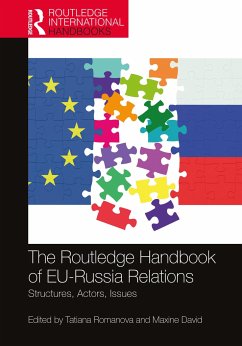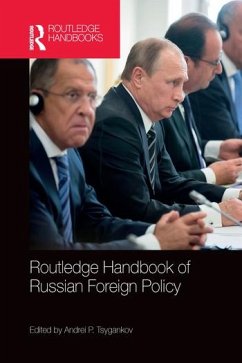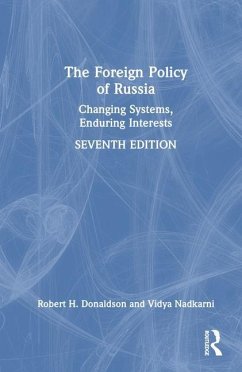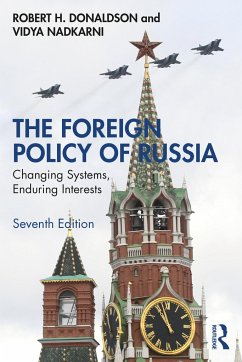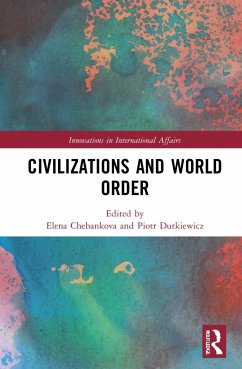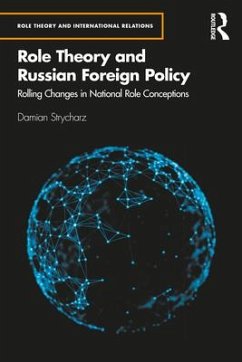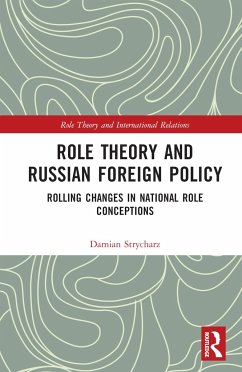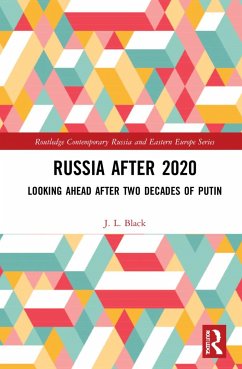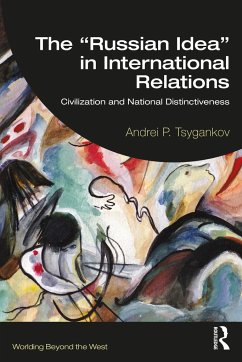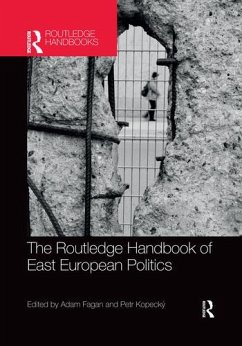
Russia and EU in the New World Disorder
Revisiting Sovereignty and Balance of Power in the study of Russian Foreign Policy
Versandkostenfrei!
Versandfertig in 6-10 Tagen
43,99 €
inkl. MwSt.
Weitere Ausgaben:

PAYBACK Punkte
22 °P sammeln!
This book makes an original contribution to Russia-EU literature by analyzing constructions and trans-formations of the Russian 'Self' in relation to the European "Other". It provides an orientation towards understanding Russian foreign policy discourse under Putin and offers a thorough analysis of the actions of key policy actors to ground the Russian discourse ideationally, historically, psychologically, and politico-sociologically. Providing a rich analysis of how Russian foreign policy toward the EU evolved from cooperation to competition and ultimately conflict, the author argues that to ...
This book makes an original contribution to Russia-EU literature by analyzing constructions and trans-formations of the Russian 'Self' in relation to the European "Other". It provides an orientation towards understanding Russian foreign policy discourse under Putin and offers a thorough analysis of the actions of key policy actors to ground the Russian discourse ideationally, historically, psychologically, and politico-sociologically. Providing a rich analysis of how Russian foreign policy toward the EU evolved from cooperation to competition and ultimately conflict, the author argues that to understand these changes and continuities we must explore concepts of sovereignty and balance of power central to the drafting of Russian foreign policy. Primarily situated in the fields of International Relations and Russian foreign policy, this book will also be of interest to scholars in the fields of Foreign Policy Analysis, Post-Soviet Studies, Eurasian Studies, Historical InternationalRelations, Critical Security Studies, Political Sociology, and Political Psychology.





